Addressing feed gap using resilient forage-based feed options and densification: A perspective from Tunisia with wider applicability
By Udo Rűdiger1, Michael Peters2, Solomon Mwendia2, Harinder P. S. Makkar3, Sawsan Hassan1, and Bhramar Dey4*
1 International Center for Agricultural Research in the Dry Areas1082, Tunis Tunisia2 Alliance of Bioversity International, CIAT P.O. Box 823-00621, Nairobi Kenya
3 Independent consultant, Vienna Austria
4 Founder and Principal Consultant. Seeds & Feed for Development, LLC. *Correspondence: bhramar.dey@sf4dev.com
In the face of animal feed insecurities, the present perspective focuses on Tunisia and explores the potential oflocally available materials - such as, forages and by-products - to increase quality feed supply in the country. Forage production from a mix of forage species (triticale, oats, fenugreek, and vetch) in different proportions to pellet production using a mix of grains of maize, barley and soybean and locally available feed ingredients
such as date palm byproducts, grain brans, tomato plant, saline-tolerant local alfalfa, among others are being increasingly used by small and medium farmers. Business models through public-private partnerships that include feed densification technologies like pelletization provide a novel solution to spatially configure feed supply in the north and demand sink in southern Tunisia where agroecological conditions are arid. With appropriate and effective policy and enabling environment, these adaptive strategies that build local resilience have applicability in Tunisia and beyond.


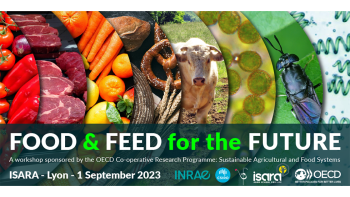
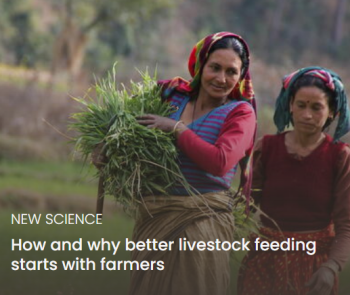
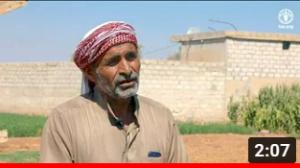

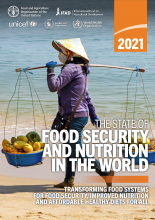
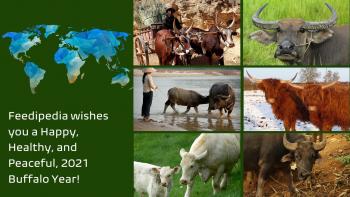
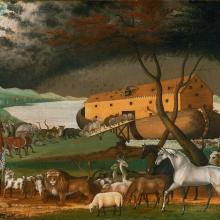 Eight years ago, in November 2012, Feedipedia, the worldwide open access encyclopedia of feeds for farm animals, was launched and the audience began to be monitored.
Eight years ago, in November 2012, Feedipedia, the worldwide open access encyclopedia of feeds for farm animals, was launched and the audience began to be monitored.